Dr. Pradeep believes pets provide unconditional love and a sense of belonging in a world often marked by fleeting human connections, exclusively for Different Truths.

In today’s fast-paced world, where the relentless pursuit of wealth and prestige dominates our lives, the bonds between family members are suffering. Busy professionals often have little time to spare for quality moments with their loved ones, leaving children and senior citizens feeling neglected. This scarcity of time has taken a toll on family relationships. Amidst this chaos, people seek love and acceptance from others but often find it in fleeting and conditional relationships that provide temporary comfort and happiness.
However, animals, particularly pets, offer a unique respite from this transactional world. Unencumbered by expectations of reciprocity or material gain, they provide unconditional love and a sense of belonging, simply because they want to be with us.
The practice of pet-keeping, which was originally developed to promote long-term care for human infants and children, has evolved to focus on caring for animals. According to ethologists MacLean and Hare (2015), dogs have “hijacked” this human bonding pathway. The responsibility of feeding, grooming, and providing medical care to our pets gives us a sense of fulfillment and completion in life, like taking care of family.
Domestication of Animals
Research by Clutton and Brock (2012) reveals that the domestication of animals, particularly dogs, dates to the Palaeolithic Age, approximately 30,000 to 15,000 years ago, making them the earliest known domesticated species.
Pets, such as dogs and cats, demonstrate unwavering loyalty, which is an inherent aspect of their nature. Dogs, often referred to as ‘man’s best friend,’ exhibit a level of devotion that is unmatched in the animal kingdom. In contrast, human relationships are complex and fraught with issues of trust and betrayal. The unconditional loyalty displayed by animals serves as a stark contrast to the conditional nature of human relationships.
Our pets sense emotions and respond accordingly, providing comfort, companionship, and affection without judgment or condition. They become more than just animals; they become our closest friends, and sometimes even our soulmates. Existing solely to love and be loved, pets have a remarkable capacity to form deep connections with humans that is unparalleled.
Benefits of Pets
One of the most significant benefits of having pets is the unique way they make us feel seen and heard. Pets are oblivious to our social standing, physical appearance or past mistakes. What matters most to them is being present by our side and sharing in our experiences. In their company, we often feel like we are the only person that matters, receiving undivided attention and affection.

Animals display remarkable resilience and self-sufficiency in the face of adversity. Many animals exhibit behaviours that facilitate their recovery when afflicted with illness or injury. For example, dogs and cats instinctively rest and refuse food when unwell, allowing their bodies to heal naturally through self-care. In contrast, humans rely heavily on medical intervention and may struggle to muster resilience in the face of health challenges.
The unassuming nature of animal companionship sets them apart from human relationships. Unlike humans, animals do not complicate their interactions with us by bringing forth expectations or drama. They do not dwell on past disputes or fret about future conflicts. Instead, they reside in the present and their affection for us is unadulterated.
Pet-Owner Relationship
Pets differ significantly from humans in their interactions with their owners. While experiencing discomfort or pain, pets do not harbour resentment or grudges against their owners, unlike humans who may hold onto past grievances. Even when suffering, pets do not allow it to disrupt their relationship, maintaining a steady and trusting bond. Studies have shown that domestic dogs form attachment bonds with their owners like those between children and parents. This may explain why they become anxious when separated from their owners.
For dogs, their owners are more than just providers of sustenance and entertainment; they are attachment figures akin to parents. In contrast, humans tend to let personal issues affect their relationships. They may harbour resentment, blame others for their misfortunes, or express pain in destructive ways. This can lead to strained relationships and a breakdown in communication and trust.
Furthermore, veterinarians attest to the remarkable influence animals have on human mental
health. The therapeutic advantages of animal companionship are extensively documented, with pets proven to alleviate anxiety, depression, and stress. Interacting with animals has been found to decrease cortisol levels, a hormone associated with stress, and lower blood pressure.
Animals Alleviate Loneliness
Research has also demonstrated that animals can alleviate loneliness, enhance feelings of social support and elevate mood. According to Dr. James Griffin, a child development expert at the National Institutes of Health (NIH), animals are particularly effective in assisting children with autism spectrum disorder.
As he notes, “Animals can become a way of building a bridge for those social interactions,” suggesting that they can help facilitate social connections. Griffin also highlights that researchers are working to further understand the benefits of animal-assisted interventions and who might benefit from them.
My experience with my dog is a perfect example of this. Jerry, our beloved dachshund, is more than just a pet. He is a loving, playful, and faithful companion who brings joy and comfort to my life every day. With his loving gaze and wagging tail, he greets me every morning. He loves to play fetch, go on walks, and snuggle up next to me on the couch. And despite his playful nature, he is always there for me when I need him. He has a way of sensing when I feel down or stressed and curls up beside me on the couch, offering a comforting presence that soothes my worries away.
Master’s Pet
He is a master’s pet – he is my son’s (Nannu Gopal’s) best friend. My son needs no other friends, for Jerry is always by his side, ready for a game or a cuddle. His short legs and long, sleek body give him an adorable, unique look and his loyalty and warmth make him an irreplaceable member of our family.
To conclude, the contrast between human and animal behaviour underscores the intricacies of human aggression and the straightforward nature of animal existence. While humans often struggle with greed, restlessness, and fleeting loyalty, pets exemplify a more uncomplicated, patient, and faithful approach to life. These differences not only underscore the distinct challenges of human society but also serve as a reminder of the virtues of simplicity, patience, and unconditional loyalty that pets embody.
By observing and learning from our animal companions, humans can gain valuable insights into cultivating more tranquil and harmonious relationships, perhaps even emulating the simplicity and devotion they so effortlessly demonstrate.
Photos by the author

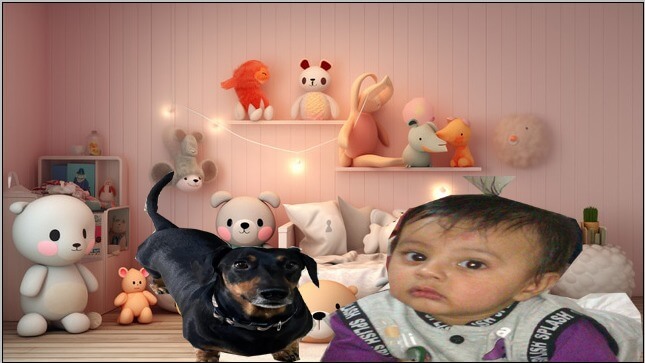

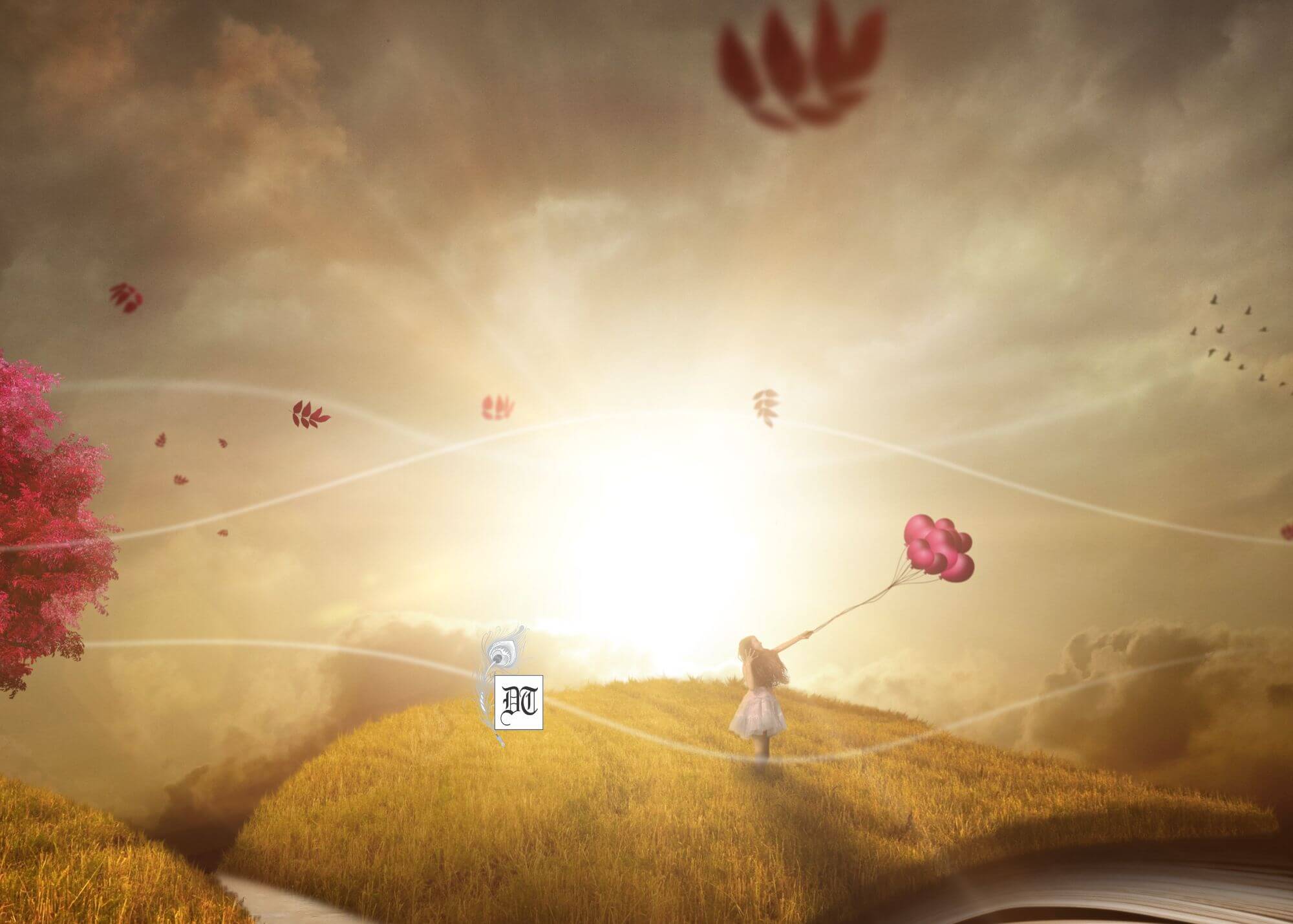


 By
By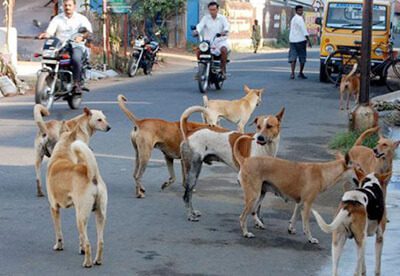
 By
By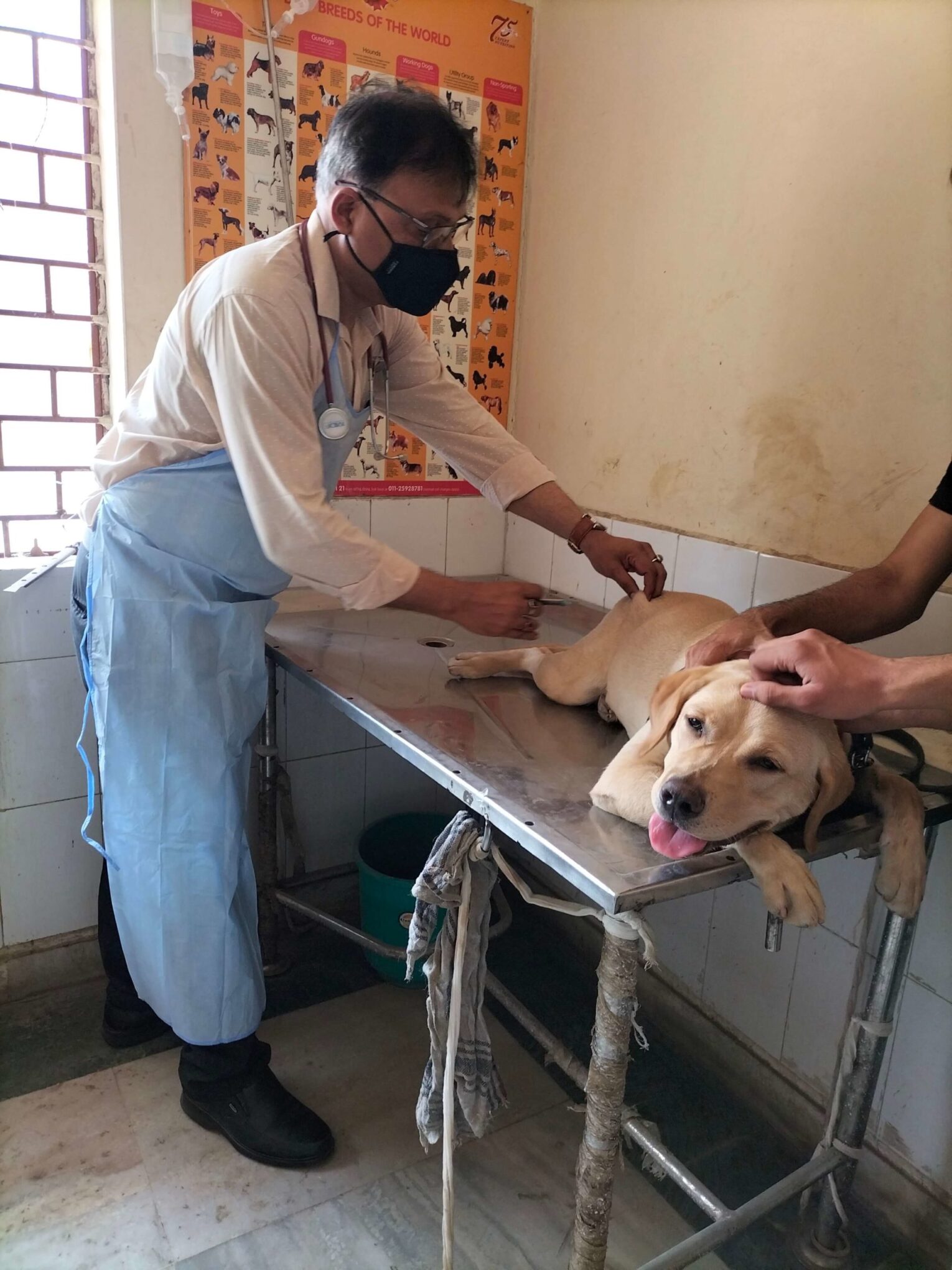
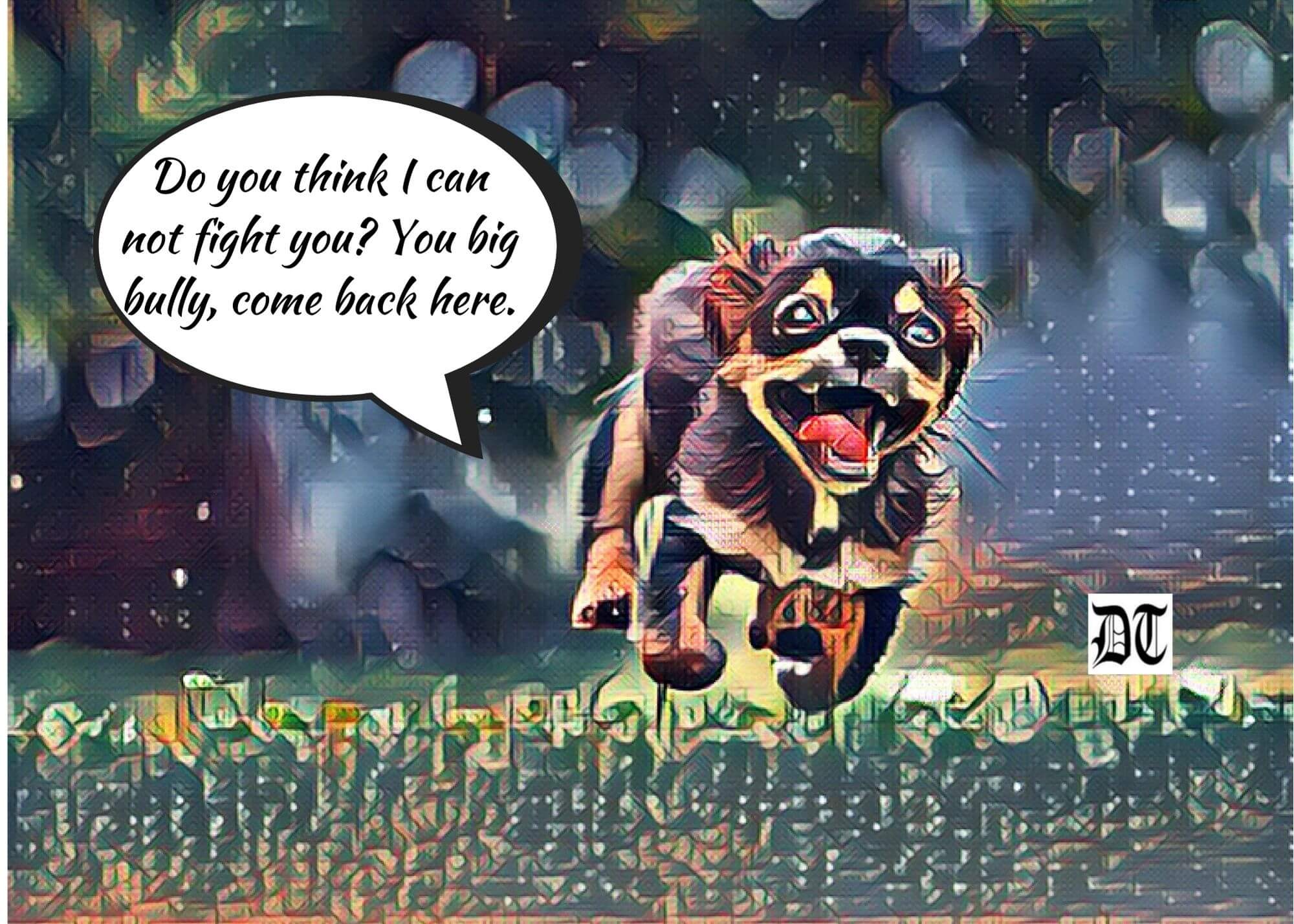
Very well-written.
Excellent piece of information about the role of pets in human life especially in the contemporary age of stress n suffering on account of professional n personal problems.
The research of the topic has been fabulous and the dedication made is itself depicts the efforts and information . The skills to quote up has really taken over the Article .
Unconditional love by pets and attention and love they get from humans make this bond a very special one . Pets help people battling depression and lonliness . Kudos to Dr.Pradeep for this lovely piece of research .